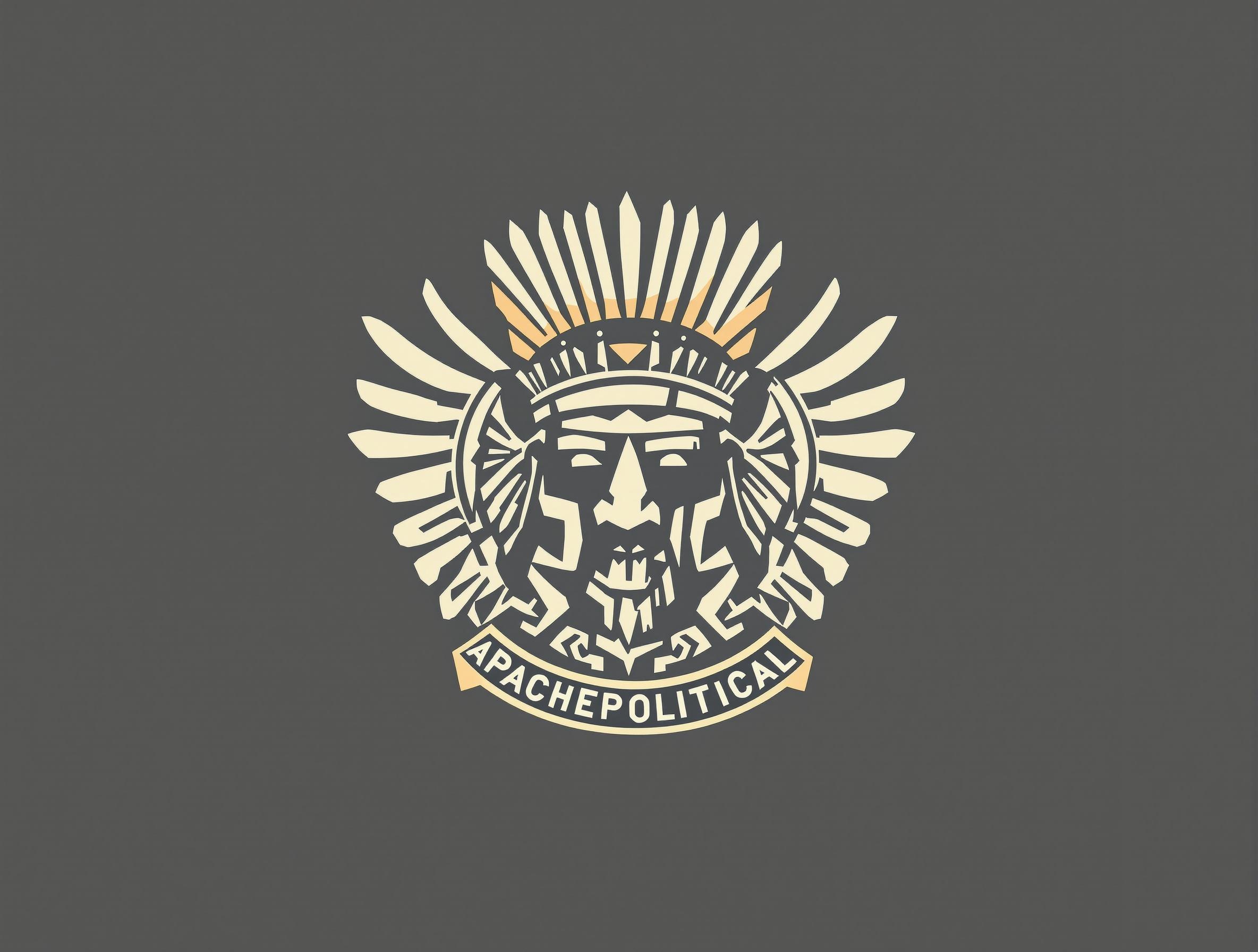Transformative Impact of UK Emerging Technologies on Traditional Industries
The surge of UK emerging technologies such as artificial intelligence (AI), Internet of Things (IoT), and advanced robotics is fundamentally transforming industries entrenched in traditional practices. These technologies enable a profound digital transformation, allowing sectors like manufacturing, agriculture, and logistics to optimize processes and reduce operational costs at an unprecedented scale. For instance, AI-driven analytics offer predictive maintenance, minimizing downtime and enhancing machinery lifespan.
The scope of transformation extends across many established sectors. In manufacturing, IoT sensors collect real-time data to improve supply chain visibility. Robotics automate repetitive tasks, increasing precision while freeing workers for more complex roles. Similarly, the agriculture sector leverages AI for crop monitoring and yield forecasting, reflecting a broader integration of smart technology.
Have you seen this : How Can AI Help Shape the Future of UK Technology?
Key drivers behind this integration include the imperative to boost productivity, competitive pressures within the global market, and the availability of UK-developed technological infrastructure. Additionally, government incentives and collaboration between academia and industry foster a fertile environment for technological innovation. This triad of factors is accelerating the adoption of emerging technologies, ensuring that legacy industries evolve to meet current and future demands efficiently.
Transformative Impact of UK Emerging Technologies on Traditional Industries
Emerging technologies developed in the UK, such as artificial intelligence (AI), the Internet of Things (IoT), and robotics, are profoundly transforming traditional industries. These UK emerging technologies drive technological innovation by enabling more efficient processes, reducing costs, and creating smarter products and services. For example, AI enhances predictive maintenance in manufacturing, reducing downtime and improving output quality. IoT connects devices across supply chains, offering real-time data and improved asset management. Robotics automate repetitive tasks, increasing precision in sectors like automotive and logistics.
This might interest you : How are UK tech companies addressing climate change challenges?
The scope of this transformation spans various established sectors, including manufacturing, healthcare, finance, and retail. Each benefits uniquely: AI accelerates decision-making; IoT boosts operational visibility; robotics improve precision and reduce human error.
Key drivers behind integrating these technologies include competitive pressure, growing digital customer expectations, and government support for innovation. Companies embracing digital transformation understand that staying competitive demands adopting cutting-edge UK emerging technologies, which can unlock new revenue streams while optimizing existing operations. The symbiotic relationship between technological innovation and longstanding industries demonstrates an evolving economic landscape driven by smart, connected solutions.
Real-World Applications and Case Studies
Exploring UK technology case studies reveals how industries leverage AI, IoT, and robotics to drive transformation. In manufacturing, AI-powered predictive analytics optimize production lines by forecasting equipment failures before they occur. This approach reduces downtime, increases throughput, and enhances overall product quality. For example, UK factories employing AI in manufacturing report up to a 20% boost in operational efficiency within months.
In healthcare, IoT devices play a critical role by enabling remote patient monitoring. Sensors collect real-time vital signs and transmit data securely to medical professionals, facilitating timely interventions. These IoT healthcare applications have improved patient outcomes and lowered hospital readmissions, showcasing the power of UK emerging technologies in this sector.
Finance is also transformed by robotics. UK banks use robotic process automation to streamline compliance and customer service tasks, cutting processing times by up to 50% while minimizing human errors. These industry applications of robotics illustrate successful integration of automation in complex traditional systems.
Early adopters emphasize the importance of collaboration between technology developers and end users. Their experiences highlight key lessons: aligning technology to real-world needs, investing in workforce training, and ensuring strong data governance to maximize benefits from UK emerging technologies.
Transformative Impact of UK Emerging Technologies on Traditional Industries
UK emerging technologies such as artificial intelligence (AI), the Internet of Things (IoT), and robotics are at the core of transforming industries across the nation. These technologies enable a comprehensive digital transformation by enhancing operational efficiency and innovating legacy workflows. AI, for example, facilitates intelligent data analysis and automates decision-making processes, significantly reducing errors and resource wastage. IoT devices provide granular, real-time monitoring, connecting traditionally siloed systems and offering unprecedented visibility into operations. Robotics introduces automation that not only speeds up production but also increases precision in tasks previously reliant on manual labor.
The scope of this transformation touches multiple sectors including manufacturing, agriculture, healthcare, and logistics. Each sector experiences tailored benefits: manufacturing improves supply chain management; agriculture employs AI for optimized crop yields; healthcare leverages IoT for patient monitoring, and logistics incorporates robotics for warehouse automation. This cross-sectoral application highlights the versatility and deep impact of UK emerging technologies.
Driving this widespread uptake are critical factors such as competitive pressures, government-backed incentives, and a robust infrastructure supporting technological innovation. Together, these elements create a fertile ecosystem, encouraging traditional industries to embrace digital transformation and remain competitive in a fast-evolving economic landscape.
Transformative Impact of UK Emerging Technologies on Traditional Industries
UK emerging technologies such as artificial intelligence (AI), the Internet of Things (IoT), and robotics are rapidly transforming industries rooted in traditional practices. These technologies harness data and automation to drive technological innovation while spearheading digital transformation across sectors including manufacturing, agriculture, healthcare, and finance.
AI enhances decision-making through predictive analytics, optimizing workflows and reducing operational inefficiencies. IoT devices generate continuous streams of real-time data, enabling asset tracking, environmental monitoring, and proactive maintenance. Robotics automate labor-intensive or precision-required tasks, substantially improving productivity and product quality.
The scope of transformation is broad. For instance, UK-built AI tools anticipate equipment failures, curbing downtime significantly, while IoT applications in healthcare facilitate remote patient monitoring, improving service delivery. Financial institutions integrate robotics to streamline compliance and customer service, cutting errors and accelerating processing times.
Key drivers accelerating this integration include intense global competition, evolving customer expectations for faster and smarter services, and robust UK government support promoting innovation. Collaborative efforts between academia and industry further foster cutting-edge solutions tailored to legacy sectors, ensuring they remain competitive and future-ready amidst rapid technological shifts.
Transformative Impact of UK Emerging Technologies on Traditional Industries
UK emerging technologies such as artificial intelligence (AI), the Internet of Things (IoT), and robotics are central to transforming industries by driving comprehensive digital transformation. These technologies enable the automation of complex processes, allowing businesses to optimize efficiency and reduce operational costs. AI enhances decision-making through intelligent data analysis, while IoT connects disparate systems, offering real-time monitoring and greater operational transparency. Robotics automates repetitive or precision-dependent tasks, improving accuracy and productivity.
The scope of this transformation spans diverse sectors including manufacturing, agriculture, healthcare, and logistics. In manufacturing, AI supports predictive maintenance and quality control, reducing downtime. Agriculture benefits from IoT-enabled monitoring for improved crop management. Healthcare gains real-time patient data through IoT devices, and logistics utilizes robotics for warehouse efficiency.
Key drivers behind integrating these UK emerging technologies are increasing global competition, the need to enhance productivity, and government support for technological innovation. Robust infrastructure and academic-industry collaboration also fuel adoption, enabling traditional industries to evolve and sustain competitiveness in a rapidly changing economic environment. This convergence of factors ensures industries are not only adopting innovations but also redefining their operational frameworks.
Transformative Impact of UK Emerging Technologies on Traditional Industries
UK emerging technologies such as artificial intelligence (AI), Internet of Things (IoT), and robotics are fundamentally transforming industries by driving comprehensive technological innovation and digital transformation. These innovations are not isolated; instead, they form an interconnected ecosystem that modernizes legacy workflows and enhances operational efficiency.
The scope of transformation spans a range of established sectors. Manufacturing benefits from AI-enabled predictive analytics and robotics automation that improve precision and reduce waste. Agriculture uses IoT devices to monitor environmental conditions, optimizing crop yields while conserving resources. Healthcare adopts IoT for remote patient monitoring, delivering timely interventions, and finance exploits robotics for automating compliance and customer service processes, thus speeding up operations.
Key drivers behind this widespread integration include intensified global competition, changing customer expectations demanding smarter, faster services, and strong governmental support fostering innovation. Collaboration between research institutions and industry players also accelerates adoption by aligning technology development with real-world business needs. Businesses that embrace these UK emerging technologies can unlock new efficiencies, reduce costs, and remain competitive in a fast-evolving market landscape.

